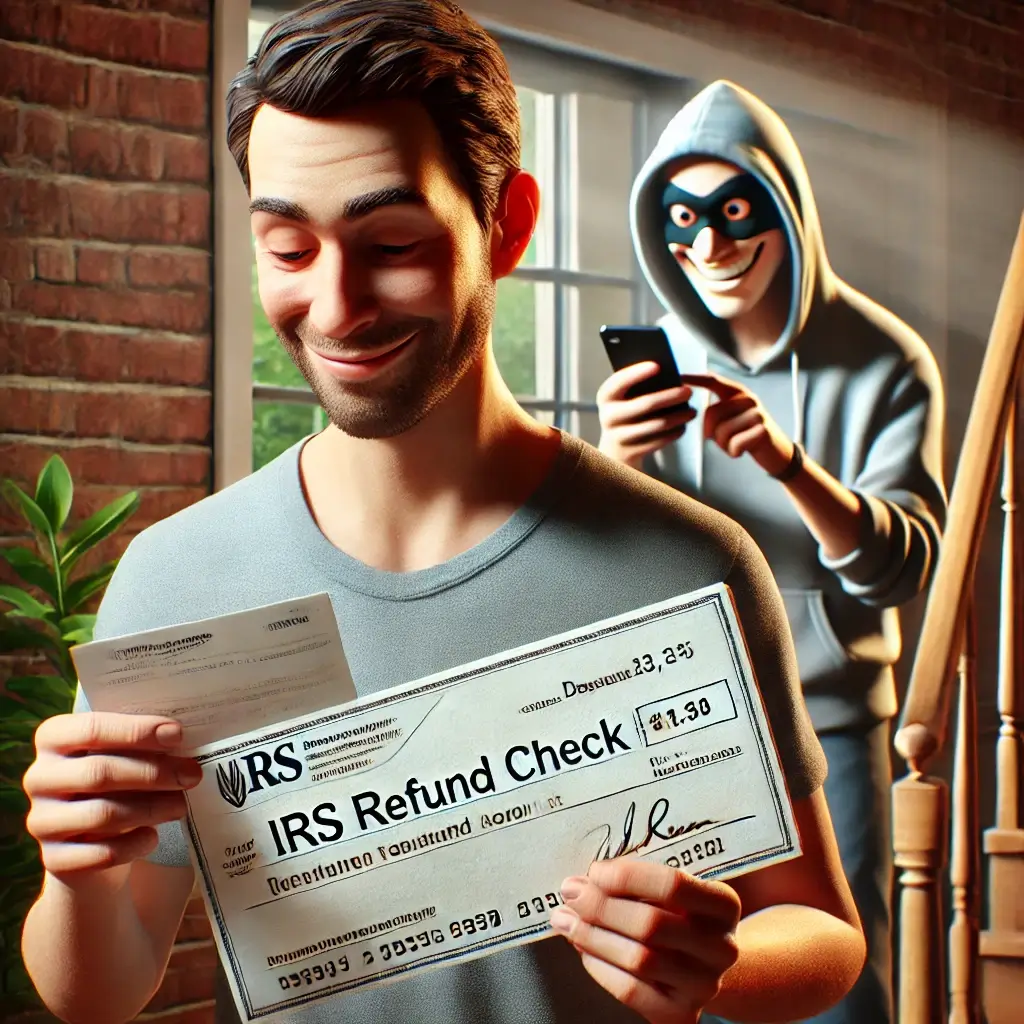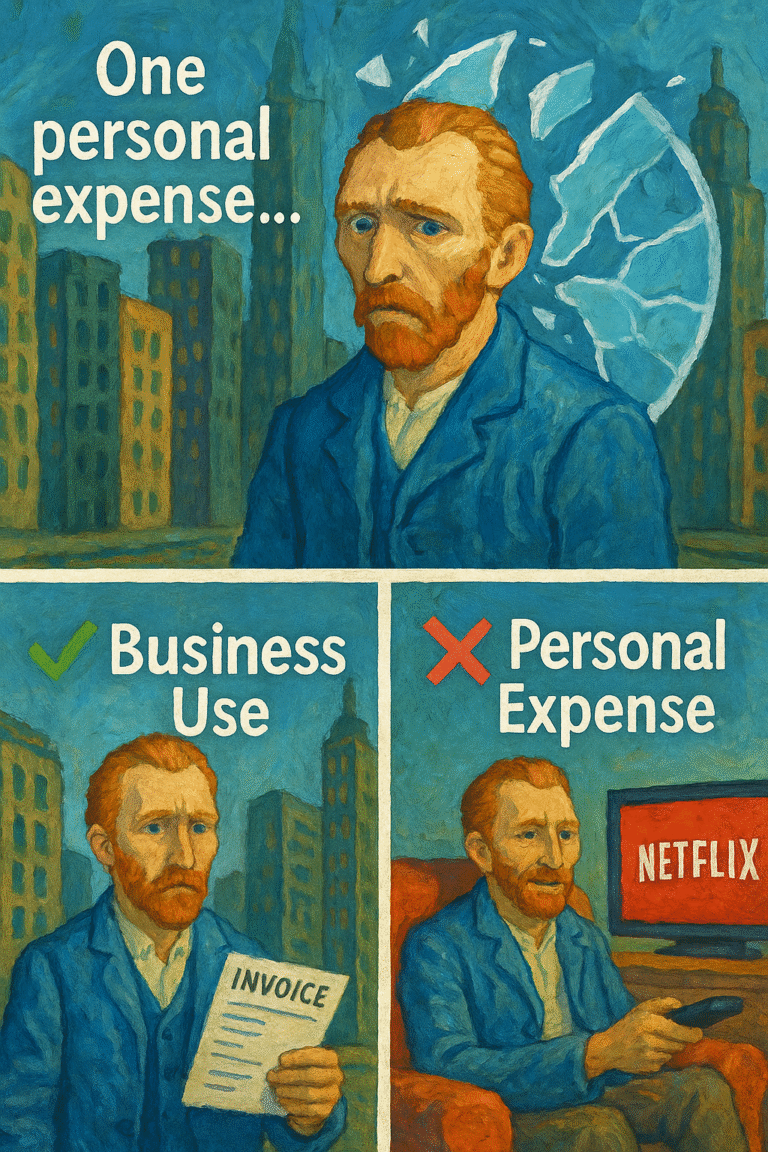The IRS is automatically issuing $1,400 refunds to those who missed the Reovery Rebate Credit in 2021. Find out if you qualify, how to check your refund status, and how to avoid growing IRS refund scams.
IRS Sends Out Surprise $1,400 Refunds – Here’s What You Need to Know
The IRS has just announced that millions of Americans will receive a surprise $1,400 refund as part of the 2021 Recovery Rebate Credit (RRC). If you missed this credit when filing your taxes, the IRS is now automatically issuing payments—with no action needed on your part.
But there’s a catch: scammers are already trying to take advantage of this news. Fake IRS texts and phishing scams are flooding inboxes, tricking unsuspecting taxpayers into giving up their Social Security numbers, bank details, and personal information. Here’s everything you need to know about this unexpected refund, whether you qualify, and how to protect yourself from scams.
Who Is Eligible for the IRS Refund?
According to the IRS, this automatic refund applies to taxpayers who:
- Did NOT claim the Recovery Rebate Credit (RRC) on their 2021 tax return
- Were eligible for the third stimulus payment in 2021 but never received it
- Have filed their 2021 tax return
The Recovery Rebate Credit was introduced during the COVID-19 pandemic to provide financial relief. If you were entitled to this credit but didn’t claim it, the IRS is now correcting that oversight and sending out refunds automatically.

How and When Will You Receive the Refund?
- Direct Deposit: If the IRS has your bank details, your refund will be automatically deposited into your account.
- Paper Check: If no direct deposit info is available, you’ll receive a physical check by mail.
- Processing Timeline: The IRS has already begun issuing payments in December 2023, and refunds will continue in early 2024.
No additional action is required on your part. If you qualify, the refund will be sent to you automatically.
However, if you haven’t filed your 2021 taxes yet, you still have time! The IRS allows taxpayers to claim this credit by filing their 2021 tax return before April 15, 2025.
Watch Out! IRS Refund Scams Are on the Rise
As soon as the IRS announced these refunds, scammers wasted no time in trying to exploit unsuspecting taxpayers.
Beware of these red flags: – Fake IRS Text Messages: Scammers send texts claiming you need to “confirm your details” to receive your refund. – Suspicious Emails & Calls: Fraudsters impersonate IRS agents, demanding personal information. – Phishing Websites: These fake IRS sites trick you into entering sensitive details.
Important: The IRS never requests personal or financial information via text, email, or social media. If you receive such messages, do not click any links or share your details.
Report IRS scams to: phishing@irs.gov
How to Check Your Refund Status
Want to see if you’re eligible or track your refund? Use the IRS “Where’s My Refund?” tool:
You can check your refund 24 hours after filing electronically or 4 weeks after mailing a paper return.
Final Thoughts: What Should You Do Now?
- If you qualify, your refund will arrive automatically—no action needed.
- If you haven’t filed your 2021 taxes, do so before April 15, 2025, to claim your $1,400.
- Stay alert for scams—don’t click suspicious links or share personal info.
- Check your refund status only through the official IRS website.
This refund could be a welcome financial boost, but only if you stay informed and protected from fraud. Share this article with friends and family so they don’t fall victim to IRS refund scams!



